View all filters
Clear
Zítra
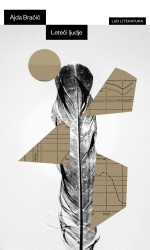
Nikogar ni, ki bi ti bil podoben (Leteči ljudje)
Kratke zgodbe v zbirki Leteči ljudje druži stikanje s tujimi in neizživetimi življenji: preslikave se dogajajo tako znotraj zgodb kot v druge, že napisane zgodbe, pa tudi v resnično življenje. Zgodbene niti, zaznamovane s kratkimi stiki in odprtimi možnostmi, se pnejo kot žice daljnovodov skozi mestni trušč. Protagonisti pogosto sanjarijo o življenjih, ki bi jih lahko živeli, ta pa pred njih stopajo včasih kot prikazni, včasih pa kot povsem otipljive alternative. Odnehanje in pasivnost se v zbirki pojavita večkrat, vendar pogosto kot (paradoksalno) ključen element aktivnega odpora proti nastalim okoliščinam. Leteči ljudje se dogajajo na razpotju različnih usod, tam, kjer je mogoče vse, četudi le za hip.
Ajda Bračič (1990) je arhitektka, urednica in publicistka. Kot piska in urednica sodeluje z več slovenskimi mediji s področja arhitekture in kulture. Za svoje pisanje je prejela nekaj nagrad na prepoznavnih literarnih natečajih. Zbirka kratke proze Leteči ljudje je njen knjižni prvenec.
Jurnal
Deník
O Dilema do Guarda-Chuva Castanho Primeira Porta à Direita Nada
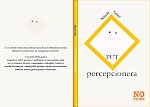
Lotosovi cvetovi, ki se zapirajo (ko se vanje stopi) (Pot perceptorja)
Sin título
Very Important Person

Meine Mutter hat Blumen gezüchtet
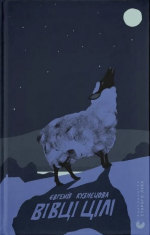
Las ovejas están bien
Jutri
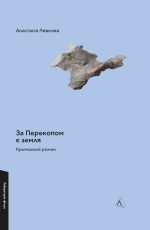
Přibližně v ten samý okamžik mě pohltilo město

Meine Mutter hat Blumen gezüchtet (Uslovi nisu bitni)
Ljiljana D. Ćuk’s short prose dives into the depths of human emotion, exploring a strong sense of existential despair. With a direct and uncompromising style, Ćuk reveals the struggle to make peace with a world that feels broken, where every part of reality comes with an unsettling sense of disgust. Her writing gives readers a raw and intense experience, confronting the challenge of finding meaning in a universe that seems indifferent.
"The short prose of Ljiljana D. Ćuk is not only exquisite literature, which it undoubtedly is, but also an expression of general despair, the torment of trying to come to terms with anything that exists, as everything existing is mostly seen and experienced as repulsive in itself." (Srdjan Srdić)
Medsočje
Dilema umbrelei maro Prima uşă la dreapta Nimic
Anche se non puoi vederne che una goccia
El dilema del paraguas marrón La primera puerta a la derecha Nada
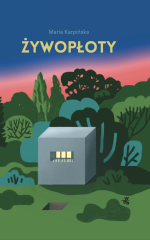
Живоплоти
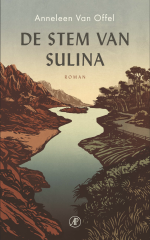
Sulinin glas
